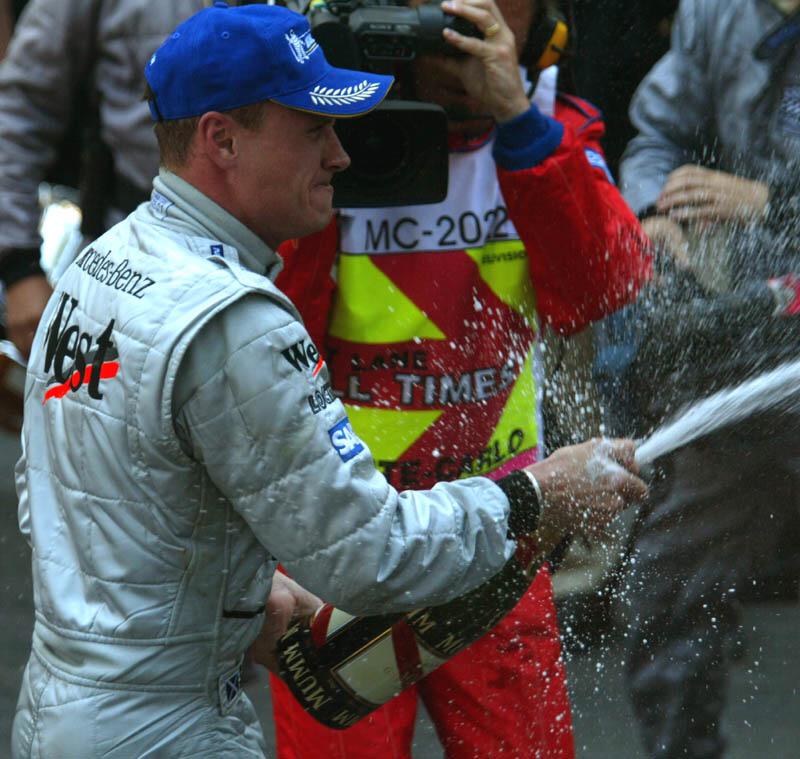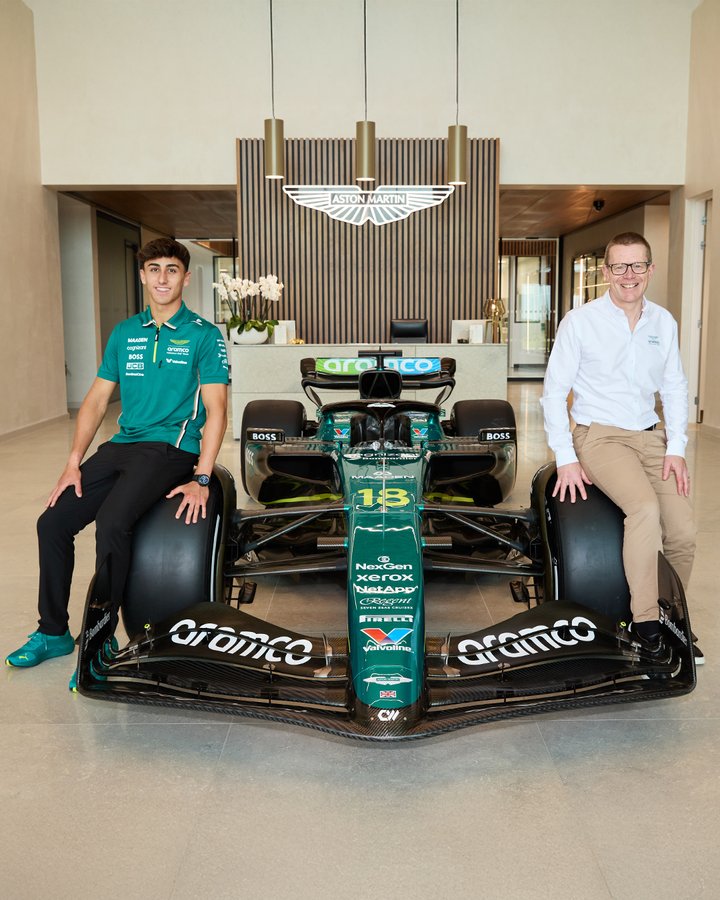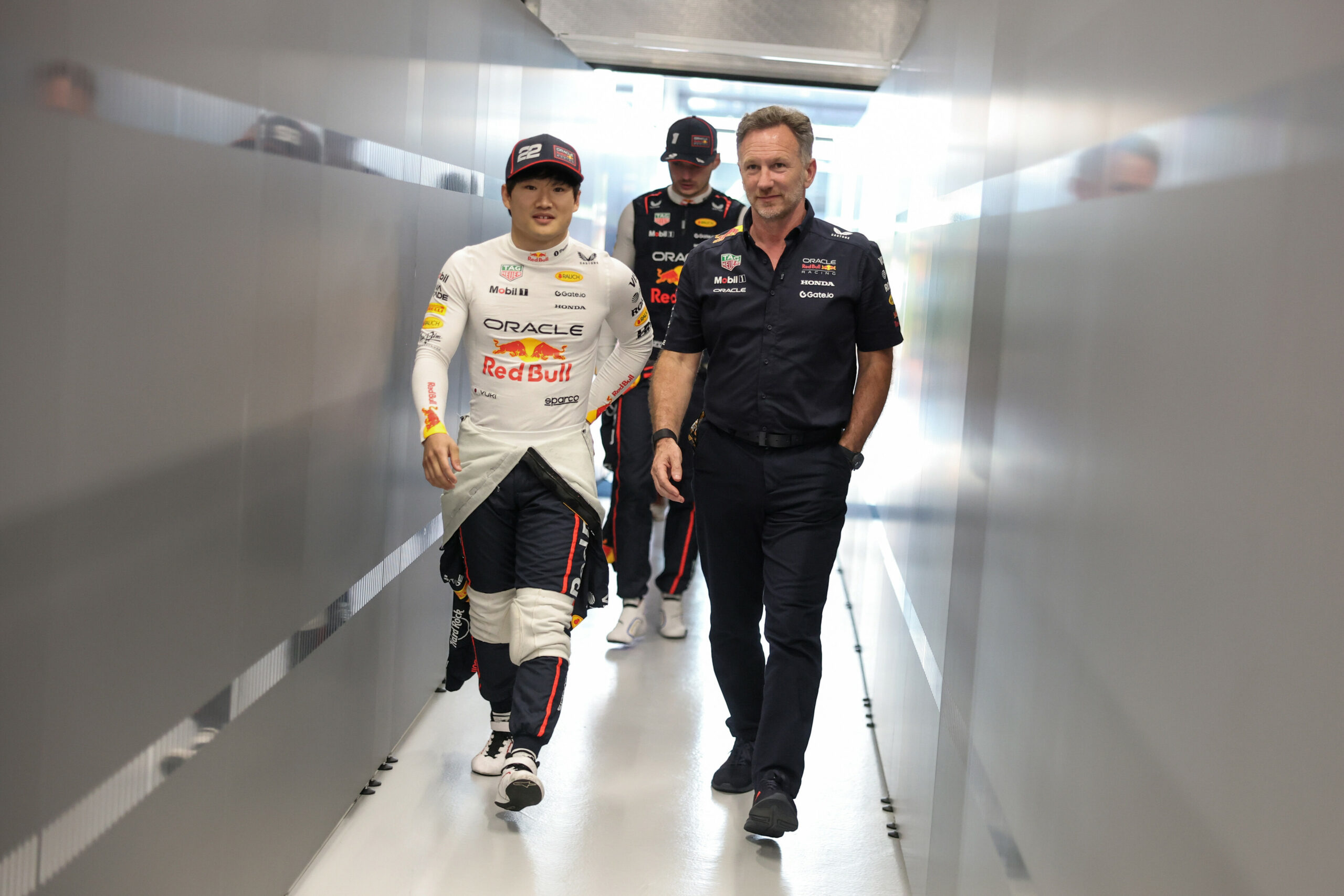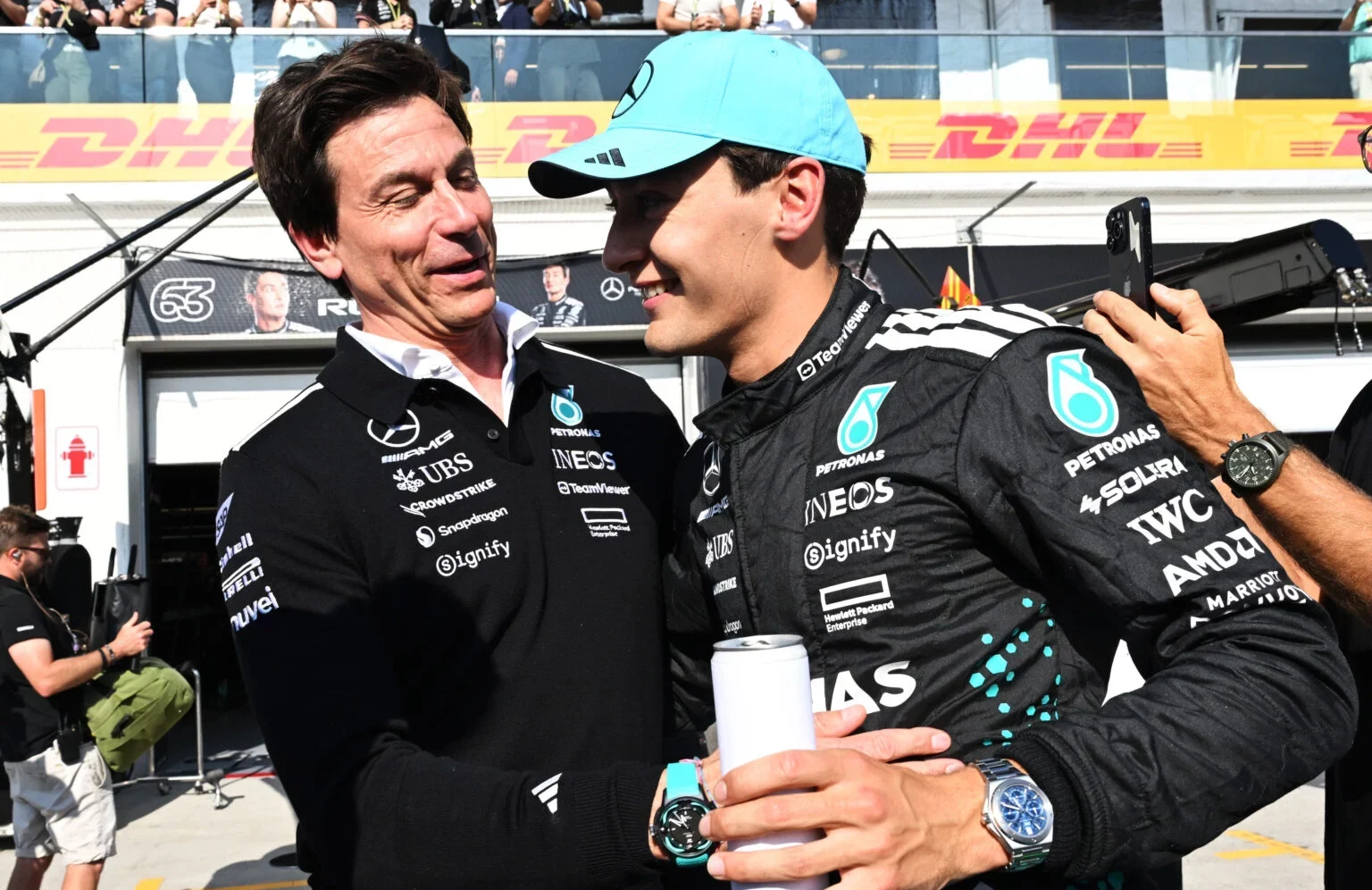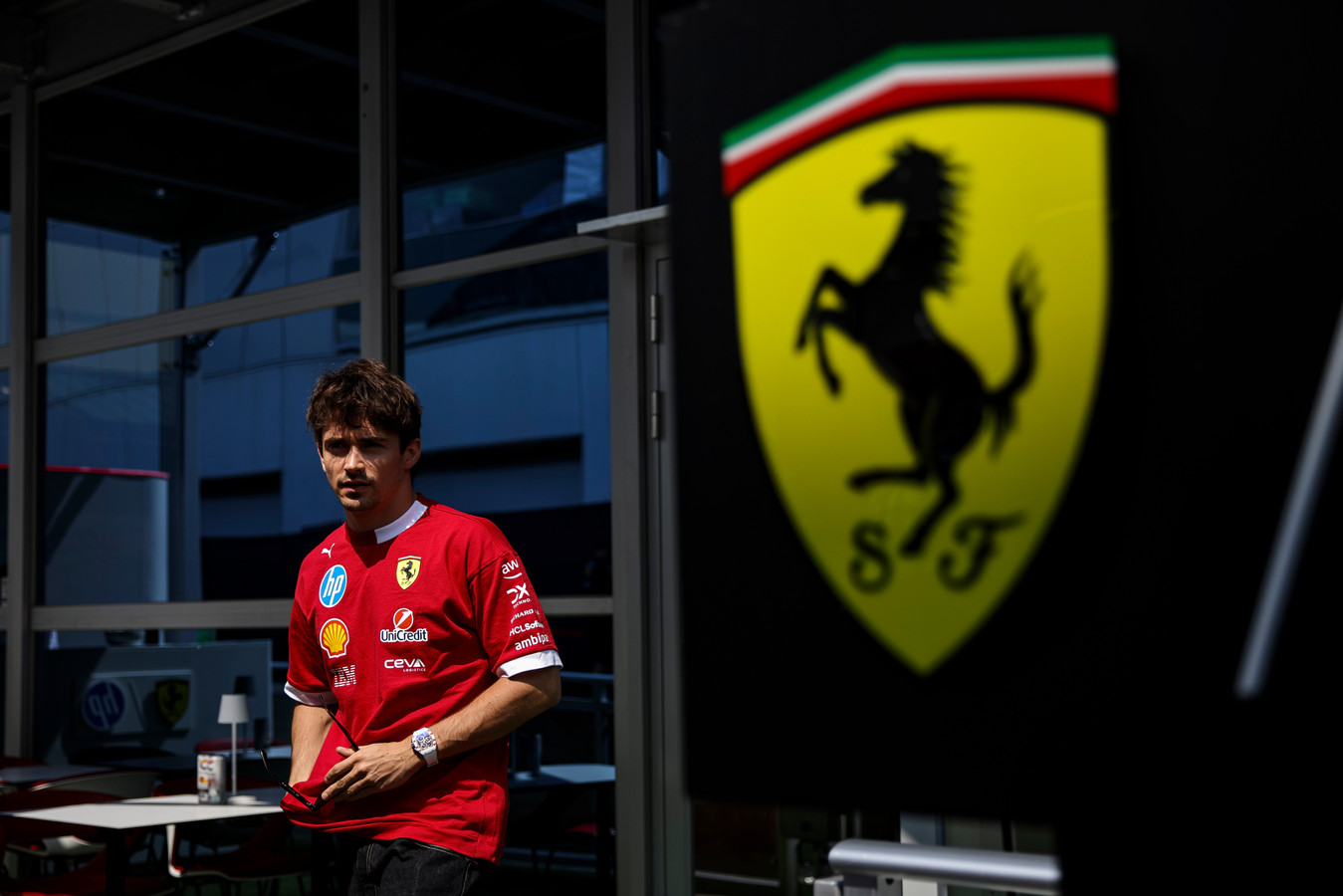David Coulthard hopes that the Monaco Grand Prix will remain on the Formula 1 calendar for years to come. In an exclusive interview with Pit Debrief he explains that the streets of Monte Carlo provide a huge challenge for drivers, and that we shouldn’t ignore the history of the principality in F1.
Monaco is one of the tracks that’s been on the Formula 1 calendar for as long as anyone can remember. The first Monaco Grand Prix was held in 1929, years before Formula 1 even existed. And has been on the calendar practically every year since the series was born in 1950. Over the past few years, there have been a lot of discussions about whether the Monaco Grand Prix should stay on the Formula 1 calendar or not. Whilst some people claim that the race is too special and iconic to get rid of, others argue that the lack of ‘real racing’ doesn’t weigh up to it being a historic race.
Over his Formula 1 career, David Coulthard raced in Monaco fourteen times. This resulted in seven DNF’s, four podiums and two wins. His two victories came with McLaren in 2000 and 2002.
“I didn’t realise I had so many DNFs. I knew I had definitely crashed out of a couple, I guess the others were reliability related issues. I’m happy to have got those couple of victories and a couple of other podiums,” the 13-time Grand Prix winner reflected in an exclusive interview with Pit Debrief.
Asked how special it was to win the Monaco Grand Prix twice, it leaves him with wonderful memories.
“It is special, it’s one that they can’t take away. You can get lucky once, but getting lucky twice is probably highly unlikely. So along with Macau, another street circuit which I won in Formula 3… When I reflect on my career, then I go: ‘Okay the championship wasn’t there, but there were a lot of big moments as well.'”
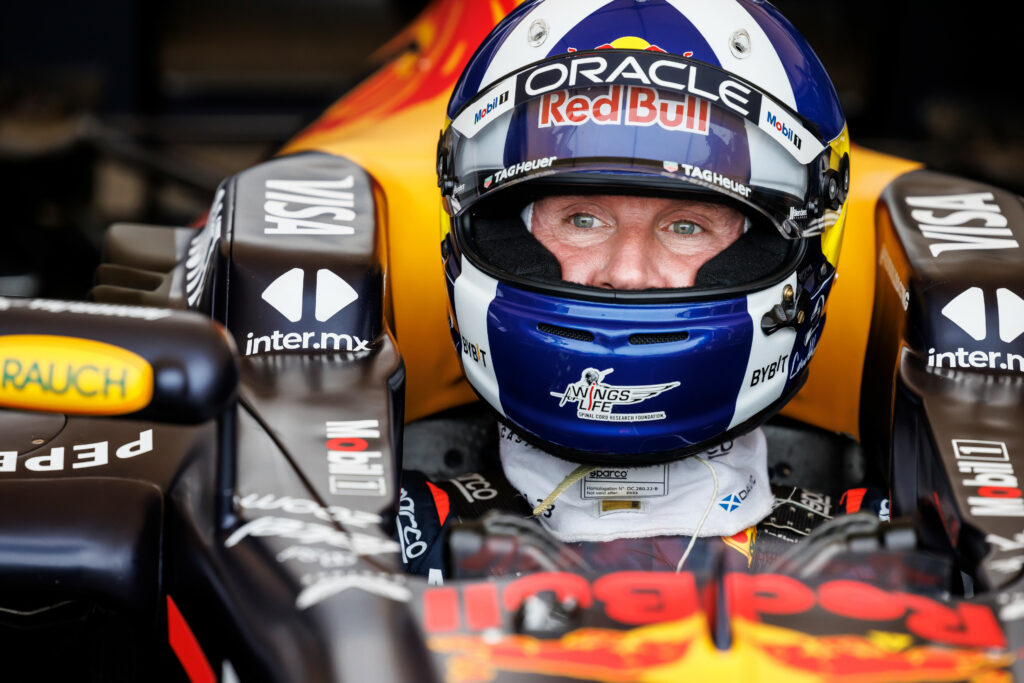
Future of the Monaco Grand Prix
Since the cars got even wider in 2017, overtaking has been virtually impossible in Monaco. However, Coulthard strongly defended it, explaining the extraordinary challenge it holds for drivers themselves with the barriers right in their faces at every turn.
He also pointed to how the fastest cars will always start at the front barring mistakes, making it even more unlikely to see passing.
“If we take a step back and look at the fact that qualifying defines the grid based on the fastest car/driver combination. So in many ways, we shouldn’t really be surprised that the fastest cars are at the front and the slowest cars are at the back,” Coulthard explained. “We know that with strategy, and the fact that some cars are better over one lap than they are on their tyres over a long race, the race results — and certainly the top 10 — get shuffled around.
“Not everyone’s going to like a classic. I personally believe in Monaco because from a driver point of view, the challenge of driving here is incredible.” Coulthard emphasises that even though the 2024 Monaco Grand Prix might not have been the most exciting, the driving standard in Monte Carlo was incredible. “It’s easy to just look at this one event and go: ‘Yeah, we should drop it.'”
He added: “Removing all of that amazing history from some of the true greats of the sport, that have defined why many of us love it, and turning up at a nice new Herman Tilke designed facility in some new territory with a press office and everything nice and shiny…. In many ways, some people could see that as natural change and evolution.
“But we have links to our past through our grandparents, our great-grandparents. We do these DNA tests to then go: ‘Ooh I’m part American Indian’ or whatever it happens to be. I think having links to the past is an important anchor of what this sport is.”
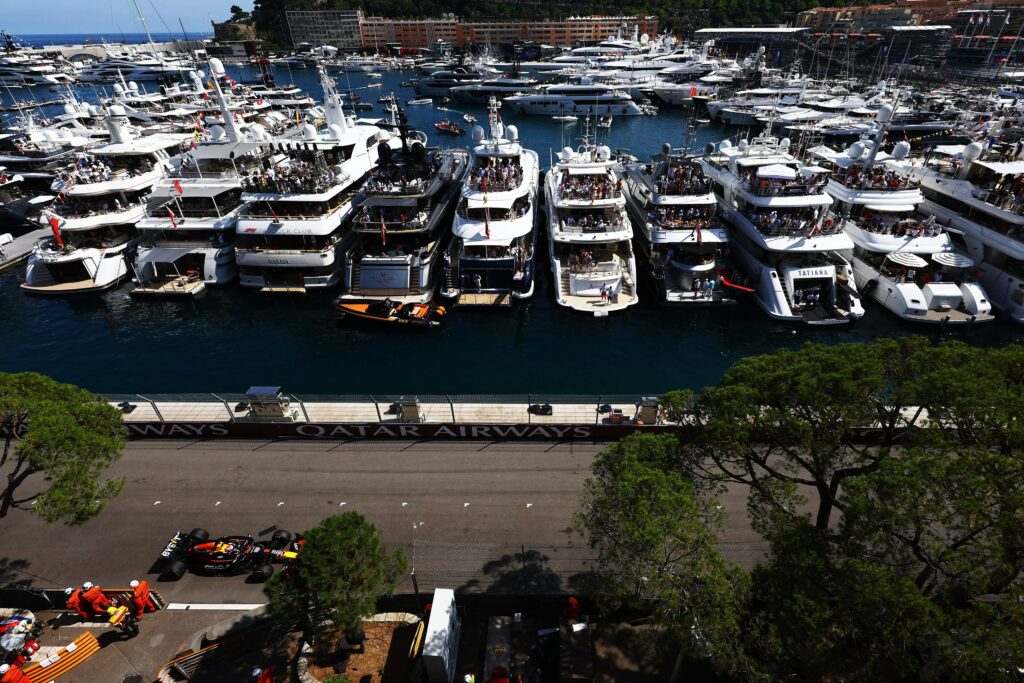
Monaco used to be one of the most exciting tracks on the calendar, but it is now often considered to be one of the most boring venues due to a lack of overtaking and racing on a Sunday.
According to Coulthard, we cannot blame the track for this, as it has remained largely the same. Due to safety, the cars have got a lot wider since the Scot’s last win on these streets in 2002.
“What happened is that the cars have got heavier and wider. If you have the same width of track, and you put bigger cars on it, then that’s definitely going to make it a bit more tricky. I’m not sure how many overtakes there were in F3 and F2. But again, it’s part of Monaco.
“You get the Friday to prepare, the Saturday to qualify, and the Sunday to bring home the points. When the DRS effect is very powerful in some tracks, I watch that, and I think: ‘Okay that looked fairly easy’. If you’re that much quicker in a straight line, you can just pick your side. The drivers also don’t overly defend it, because they know it’s futile, because you’ve got somebody who’s got DRS and going that much quicker. We’re sort of quick to accept that and then count it as an overtake. But is it an overtake which we would be replaying in the highlights reel and the following year and the following year? I doubt it.”

